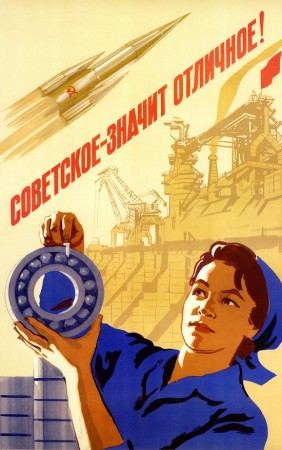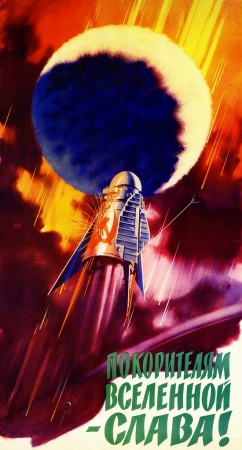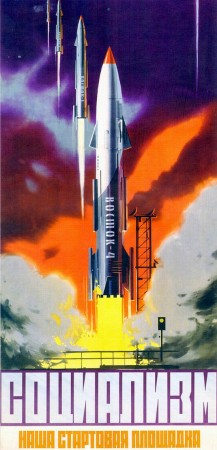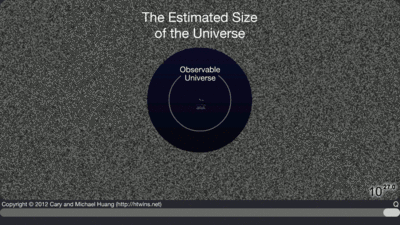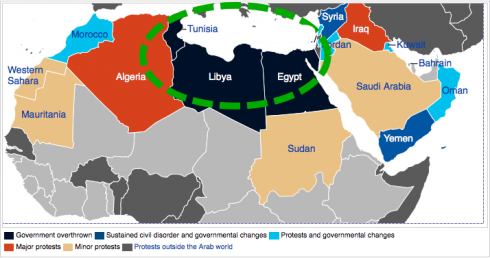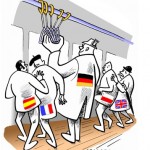There are some things in this world that we are willing to trade, things that we can put a dollar value on, but there are other things — call them sacred things — values and beliefs that just don’t register on any monetary scale. New research (summarized by Keim, 2012) emphasizes this intuitive understanding, by showing that different part of the brain are used to evaluate these two different types of things.
[W]hen people didn’t sell out their principles, it wasn’t because the price wasn’t right. It just seemed wrong. “There’s one bucket of things that are utilitarian, and another bucket of categorical things,” [neuroscientist Greg Berns] said. “If it’s a sacred value to you, then you can’t even conceive of it in a cost-benefit framework.”
— Keim, 2012: Profit vs. Principle: The Neurobiology of Integrity in Wired (via The Dish).
Some of the biggest implications of this work has to do with economics. The traditional, rational view has been that people evaluate everything by comparing the costs versus the benefits. When economists take that rational view of human behavior into other fields, there is a strong sense of overreach (see Freakonomics).
The growing research into behavioral economics, on the other hand, is making a spirited effort grapple with the irrationality of human behavior, much of which probably stems from these two different value systems (sacred vs. cost/benefit). While it’s not exactly the same thing, Dan Ariely‘s books are a good, popular compilation of observations and anecdotes that highlight how people’s irrational behavior extends even into the marketplace.

